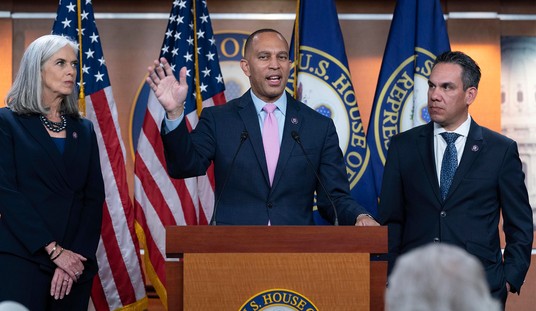President Donald Trump issued an executive order Monday that prohibited U.S. companies from dealing in Venezuela’s new cryptocurrency, the petro. The order was in response to what the White House called “recent actions taken by the Maduro regime to attempt to circumvent U.S. sanctions by issuing a digital currency in a process that Venezuela’s democratically elected National Assembly has denounced as unlawful.”
As I said just 2 weeks ago if Maduro thought pressure was going to lighten he was very mistaken. I know FOR A FACT that @realDonaldTrump is committed to a free #Venezuela & pressure only stops when democratic order is restored. Stay tuned, more to come https://t.co/XnTIZqzae1
— Marco Rubio (@marcorubio) March 17, 2018
The new sanctions, which will be imposed as early as Monday after Trump signs the executive order, are likely to be part of a larger package of measures that also include several individual sanctions against Venezuelan officials and/or associates.
President Nicolás Maduro launched the government’s own version of a bitcoin last month in order to boost capital and circumvent U.S. sanctions. The government claims the so-called Petro is backed by Venezuela’s crude oil reserves, but skeptics say the government contract doesn’t explicitly back the claim.
“They’re setting up a stand on the front porch of Venezuela to sell snake oil that’s essentially backed by nothing,” said Russ Dallen, a managing partner at the investment bank Caracas Capital Markets, which tracks Venezuelan oil shipments and advises U.S. officials on Venezuelan matters. “People believe its backed by oil, but if you read the contract, it’s really not.”
Maduro has stated that Venezuela is at the “vanguard of cryptocurrencies”, even as his nation slides ever deeper into economic distress and faces a mass exodus of citizens, leading to a potential humanitarian crisis in neighboring countries trying to accommodate refugees.
Colombia proposed on Monday that the International Monetary Fund provide assistance to help several hundred thousand Venezuelan refugees who have fled an economic and political crisis to neighboring countries, officials at the G20 summit said.
The proposal was discussed at a meeting on Venezuela by leading finance ministers from the Western Hemisphere, the European Union and Japan, including U.S. Treasury Secretary Steven Mnuchin.
“The consensus is that the situation is extremely negative and we must by any means possible try to influence a solution to the problem and a change in Venezuela’s situation, mainly from the humanitarian point of view,” Brazilian Finance Minister Henrique Meirelles told reporters.
While Colombia and Brazil have received the vast majority of refugees, other nations like Russian and China have proposed a moratorium on Venezuela’s debt that would effectively suspend their payments as a short-term solution to assuage their crisis. Presumably those payments would pick back up if Maduro successfully implements the petro and jump starts the economy.
The U.S., however, appears to believe the petro is little more than a scam, designed to circumvent international sanctions and help Maduro pay the $1.9 billion in interest on the Venezuelan national debt, and is not really intended to help the people of Venezuela address their food and medicine shortage.
“Investing in the petro should be seen as investing in the dictatorship,” a senior U.S. official said after President Donald Trump signed an executive order banning the currency. “The petro is a desperate attempt by a corrupt regime to defraud international investors.”
While Maduro insists he has investors for his new cryptocurrency scheme, he has failed to offer evidence to back his claim and continues to accuse the U.S. government of trying to destabilize the country via sanctions and plotting to overthrow him.
The U.S. meanwhile, according to the Wall Street Journal, is also considering direct bans on Venezuelan oil, which the country relies on for almost its total dollar income.
Maduro, while continuing to purge his top brass of dissenters, is set to hold an election in May, even as dissidents flee the country claiming the former bus driver has turned Venezuela into a dictatorship.
“The Venezuelan leader has banned top opposition leaders from participating and failed to guarantee the vote would be free and fair. Staging the election could open the door to tougher sanctions,” reports the WSJ.













Join the conversation as a VIP Member